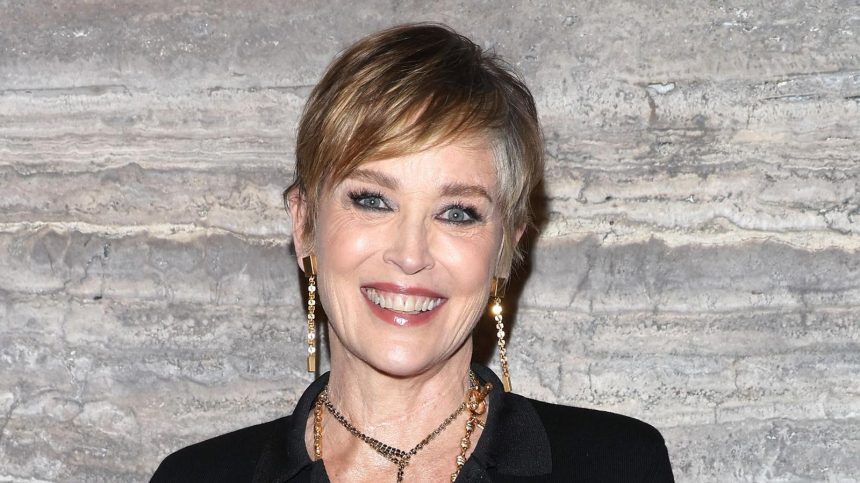Sharon Stone recently opened up about her experiences working with director Sam Raimi on the 1995 Western thriller The Quick and the Dead, nearly thirty years after its release. During a panel discussion at the Torino Film Festival in Italy, she both praised and criticized Raimi’s approach to collaboration. Reflecting on her time working with him, Stone expressed appreciation for Raimi’s films and humor, but contrasted this with her fruitful professional relationship with Martin Scorsese, who directed her in Casino the same year. Stone highlighted that while she continues to maintain a bond with Scorsese due to his Italian roots and the familial loyalty that accompanies it, she felt that Raimi was different, noting a lack of gratitude or acknowledgment after their work together.
Stone specifically pointed out the absence of loyalty in her professional interactions with Raimi. She regretted that, unlike her ongoing relationship with Scorsese, Raimi did not thank her for her contributions or involve her in future projects after The Quick and the Dead. This sentiment underscores a dynamic in the film industry where personal connections can have significant impact on career trajectories. The contrast Stone drew between the two directors suggests a deeper awareness of how relationships in filmmaking go beyond mere professional collaboration; they can define an artist’s experience and future opportunities in the industry.
In her reflections, Stone emphasized her role in elevating Raimi’s career, stating that she brought him from the realm of "B" movies to "A" movies with this film. She recognized her own influence in shaping their collaborative project, noting the outstanding team, including esteemed cinematographer Dante Spinotti, with whom she worked. Stone articulated a sense of pride in the casting choices made for The Quick and the Dead, which included not only notable actors like Gene Hackman and Keith David but also early-career performances from Russell Crowe and Leonardo DiCaprio. Her assertion points to the power dynamics often present in Hollywood, where recognized stars can help to spotlight and elevate emerging talent.
Drawing from her professional clout, Stone took the opportunity to highlight the significance of her involvement in the project. She made a compelling case that her decisions directly impacted the trajectories of not just Raimi’s career, transforming him into a prominent director known for films such as Spider-Man, but also the careers of actors she handpicked. Her words reveal a sense of agency and pride in her role as both producer and leading star, asserting that she played a foundational part in the film’s success and in the careers of those involved.
Aside from Raimi’s accomplishments with The Quick and the Dead, Stone referenced his previous successes, including the Evil Dead trilogy, which had already made him a notable figure in the horror genre, and Darkman. Despite these earlier triumphs, Stone felt compelled to underline her contributions to his ascent in the film industry. This acknowledgment of one’s own role in another’s rise speaks to broader themes of recognition and credit in collaborative art forms like film. It raises quintessential questions: Who gets credited, and how are relationships managed within professional settings?
Lastly, while the conversation centered around her relationship with Raimi, it also provided insight into Stone’s own illustrious career. Known for iconic roles in films such as Basic Instinct, Total Recall, and more recently What About Love, Stone’s reflections reveal both the trials and triumphs of navigating Hollywood’s landscape. Her retrospective assessment serves as a reminder that enduring relationships often foster further collaboration, while unreciprocated acknowledgments can lead to estrangement in an industry heavily reliant on networking and personal connections. Stone’s experiences highlight the complex interplays of professionalism, loyalty, and the often unspoken rules of operation within the film industry.



